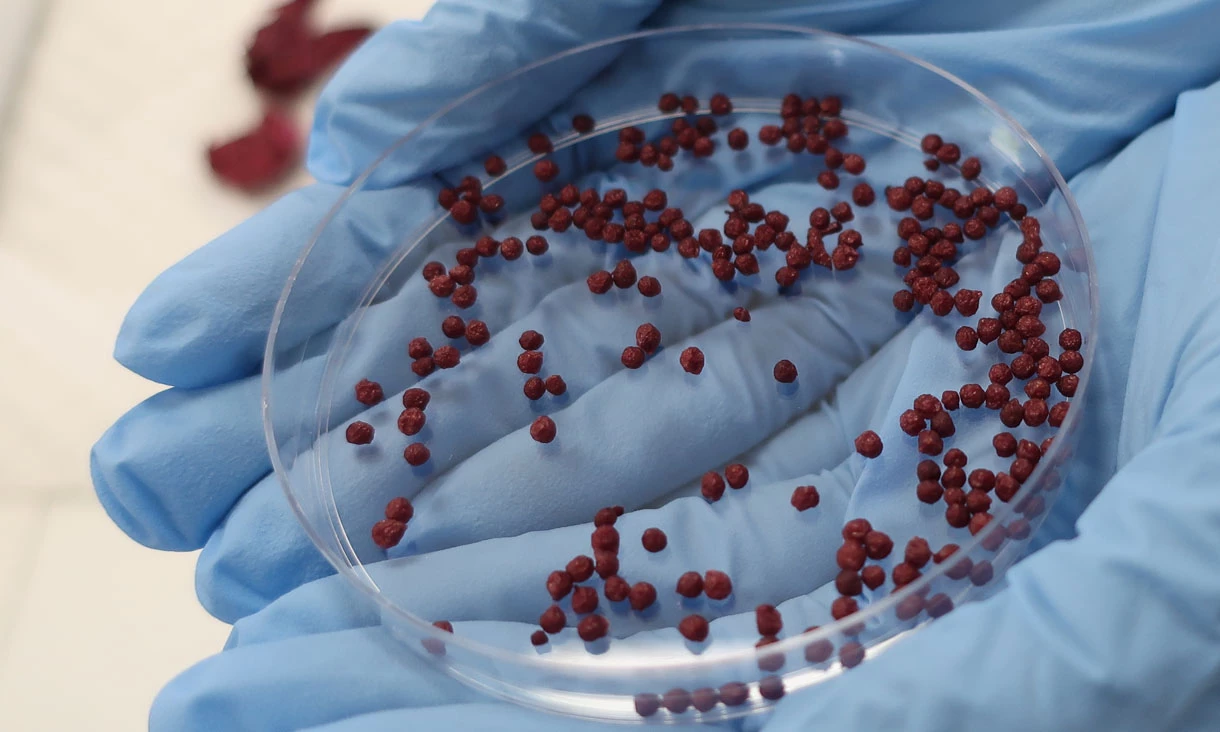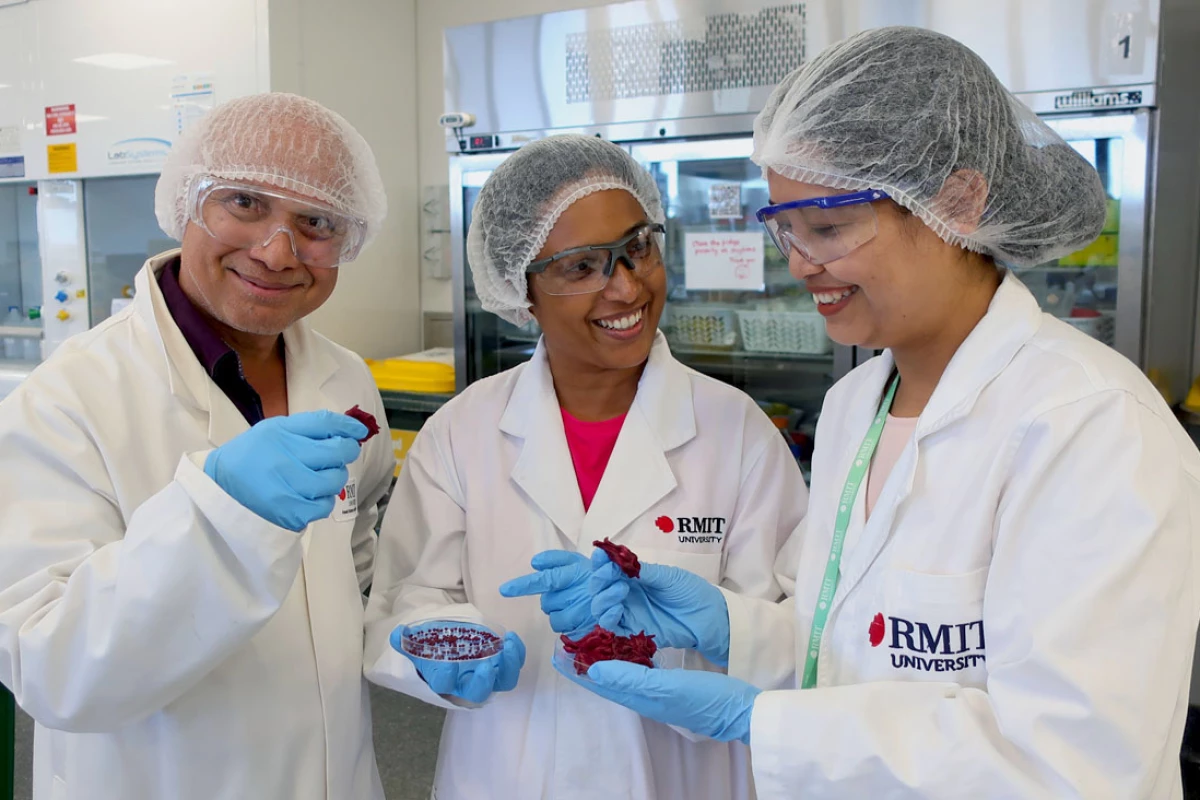For some people who are morbidly obese, changes in diet and lifestyle just aren't sufficient to shed all the extra weight. A new study suggests that a hibiscus flower extract could help, without the side effects of weight-loss drugs.
Drawing on previous research, scientists at Australia's RMIT University started by extracting antioxidant compounds known as phenols from flowers of the roselle plant, which is a member of the hibiscus family. The researchers also extracted hydroxycitric acid from the flowers.
Separate batches of human stem cells were then treated with either the phenolic extract or the hydroxycitric acid, before they were triggered to differentiate into adipocytes (fat cells). While the acid appeared to have no effect on the adipocytes, fat cells derived from the phenol-treated stem cells were found to have 95% less fat content than a control group of untreated cells.
It was determined that the phenolic extract worked by inhibiting the activity of a digestive enzyme called lipase.
Ordinarily, lipase breaks ingested fats down into small segments that can be absorbed through the walls of the intestine. Excess fats, which the body doesn't require for energy at the time, are then stored in fat cells. By keeping lipase from doing its job, the roselle phenols allow those fats to simply pass right through the digestive system.

It is now hoped that the extract could be encapsulated for use in health supplements which wouldn't have side effects such as high blood pressure, which are sometimes caused by existing weight-loss pharmaceuticals.
A paper on the research, which was led by PhD candidate Manisha Singh, was recently published in the International Journal of Food Science and Technology.
Source: RMIT University




